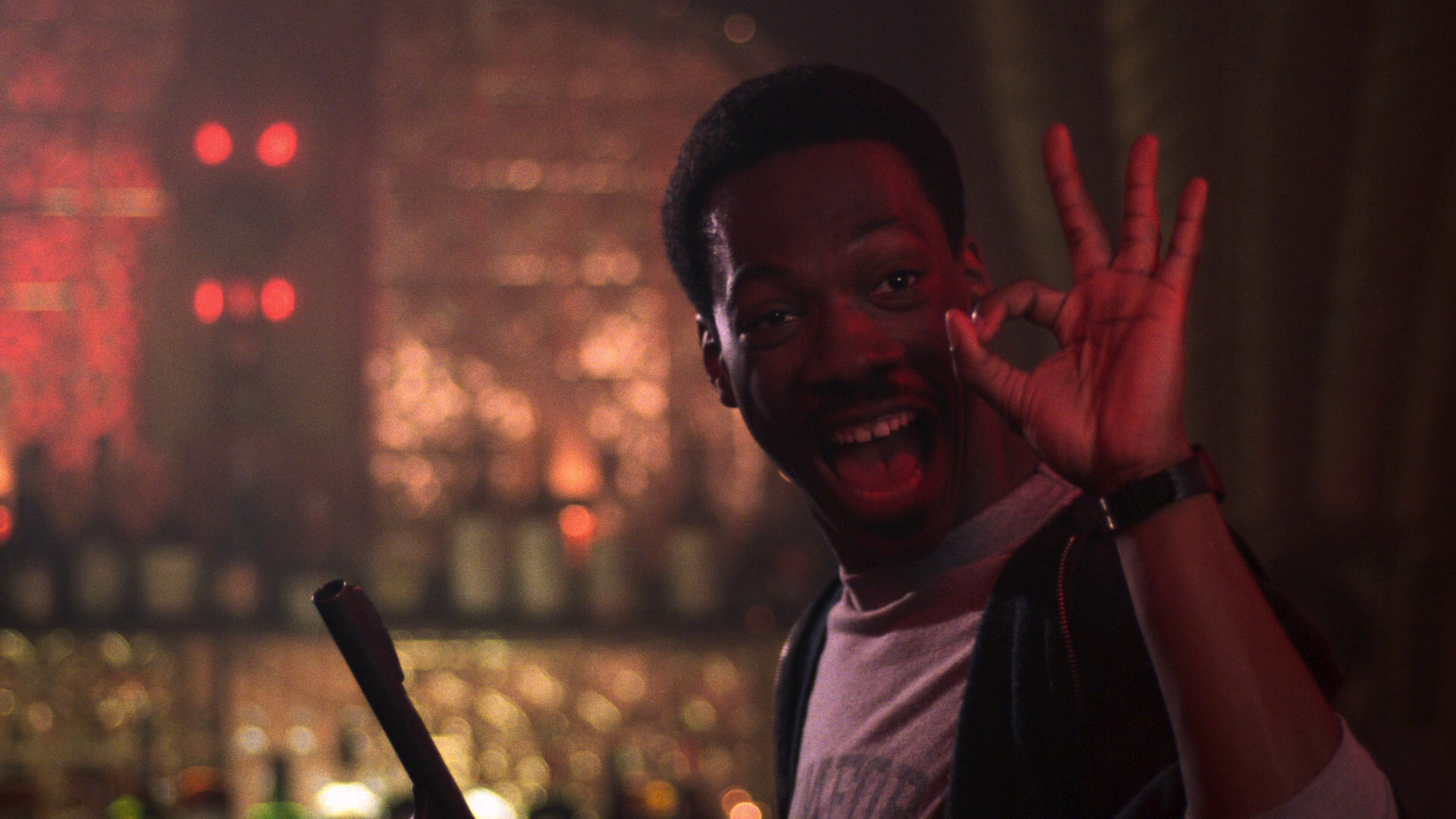***/**** Image A- Sound A Extras C+
starring Fred Astaire, Eleanor Powell, George Murphy, Frank Morgan
screenplay by Leon Gordon and George Oppenhemer
directed by Norman Taurog
by Travis Mackenzie Hoover If you are like me, you will like Broadway Melody of 1940–that is to say, if you sing the praises of the Hollywood musical. If you thrill to pointless dance numbers and unlikely romantic pairings. If you rejoice at absurdly lavish sets and novelty numbers involving sailors and palm trees. If you have ever hated someone for "not getting" musicals, or wanted to punch someone for complaining that the numbers happen "for no reason," content that there is never a reason beyond the pleasure of the moment and the beauty of aesthetic movement. If you are not, God forbid, John Grierson.
A wisp of a plot: Johnny Brett (Fred Astaire), taxi-dancer at a New York ballroom, is given a chance at stardom. Impressing famous producer Bob Casey (Frank Morgan) with his half of a dance duo, he is almost certain to gain stardom–except a case of mistaken identity has driven his partner and roommate King Shaw (George Murphy) into the role that belongs to Johnny. And, apparently, the true love that would be his–leading lady Clare Bennett (Eleanor Powell)–seems destined for King's arms instead of Johnny, despite the pining of the latter. Will Johnny's talents be revealed? Will King ride to glory before him? Will Clare figure out just what the heck is going on?
The answers, of course, are obvious to all but the novice musical-watcher–but answers, my friend, are not the point. Nor are the niceties of auteurist assessment: Norman Taurog is no genius, but he wisely gets out of the way of the things that matter most. Which are, naturally, the music and the dancing. And not just any music and dancing: the music is Cole Porter's doing, and his lyrics are justly famous for their wit and drollery; the words to the opener "Don't Monkey with Broadway" are especially fine (e.g., "Close the Village honky-tonks/Suppress cheering in the Bronx/But don't").
And the dancing! I need not inform you of Fred Astaire's brilliance, nor Eleanor Powell's, and you can imagine what the hoofing is like in their best number, the "jukebox scene," in which the pair wordlessly tap in the midst of a restaurant. Perhaps not even they can liven up the famous "Begin the Beguine" routine (many swear by it, but it's upstaged by the less pretentious numbers), but they make an electric duo, both of them at the top of their form and hiding the no-doubt-heroic efforts it took to bring them to the screen.
And yet, I would only give this Melody three stars. Why, one could ask, would I be so harsh to a musical I have praised thusly? I mean no disrespect, I assure you, as three stars is the highest compliment for such a film. Broadway Melody of 1940 is no masterpiece, entirely by design–it's the antidote for all of the great films that wow you with their understanding but hang heavily on your shoulders. The only thing on this movie's mind is carefree frivolity, in which friendly people trade clever lines and dance as if it were the most natural thing in the world–as if they hadn't been practicing the steps for months in advance. Like all good musicals, this movie hides the work and shows the pleasure, and we all breathe a sigh of relief that we no longer have to concentrate on weighty matters for 104 minutes. It's bad civics, yes, but excellent light entertainment–and with Porter's witty lyrics, entertainment that won't rot your teeth.
THE DVD
Warner's Broadway Melody of 1940 DVD, with its fresh-struck full-frame transfer, does the film supreme justice. The print used was surprisingly undamaged for its age; although there is the occasional negative defect, the image itself is sharp and clear and never reminds you that the film you're watching is over 60 years old. Definition is excellent, with every black, white and grey coming through with pinpoint accuracy and without the slightest hint of muddiness. Sound is even better than picture: the remastering has removed the hisses and pops one normally associates with classic-era transfers, especially as experienced on bad old VHS.
The extras are another matter altogether. The centrepiece is the 9-minute documentary Cole Porter in Hollywood: Begin the Beguine, which has precious little to say about Cole Porter in Hollywood except as he pertains to the Melody in question. Hosted by Ann Miller, this is a brisk and uninformative clip that is more interested in the massive set built for the climactic number, as well as some de rigueur fawning over the greatness of Astaire and Powell, than with anything resembling the artistic process. Coming as it does with some even more uninformative "Behind-the-Scenes Notes", the doc leaves us wanting more information and less That's Entertainment! idolatry.
Of historical interest is the 1940 "Our Gang" short The Big Premiere, which features the Little Rascals showing a homemade movie to a crowd of their giggling peers. The contrast with the contemporaneous Melody is a sharp one: where the feature is a sparkling example of effervescent wit, the short is full of obvious bits (the kids cutely misspell "premiere" on a sign), broad caricatures (Buckwheat plays a sho-'nuff Man Friday to Spanky's Crusoe), and a generally low level of invention (Alfalfa swallows an egg during a song and "sings" out a hatchling). It's an interesting comparison to Broadway Melody of 1940, but nothing you'd ever watch twice. Cast/crew listings and the trailer round out the platter; I can't resist quoting the film's now antiquated tagline: "It's big as Broadway… and twice as gay!"
102 minutes; NR; 1.33:1; English DD 1.0, French DD 1.0; CC; English, French, Spanish subtitles; DVD-9; Region One; Warner

![Broadway Melody of 1940 [DVD]](https://m.media-amazon.com/images/I/51b2aGNhIBL._SL500_QL70_ML2_.jpg)




